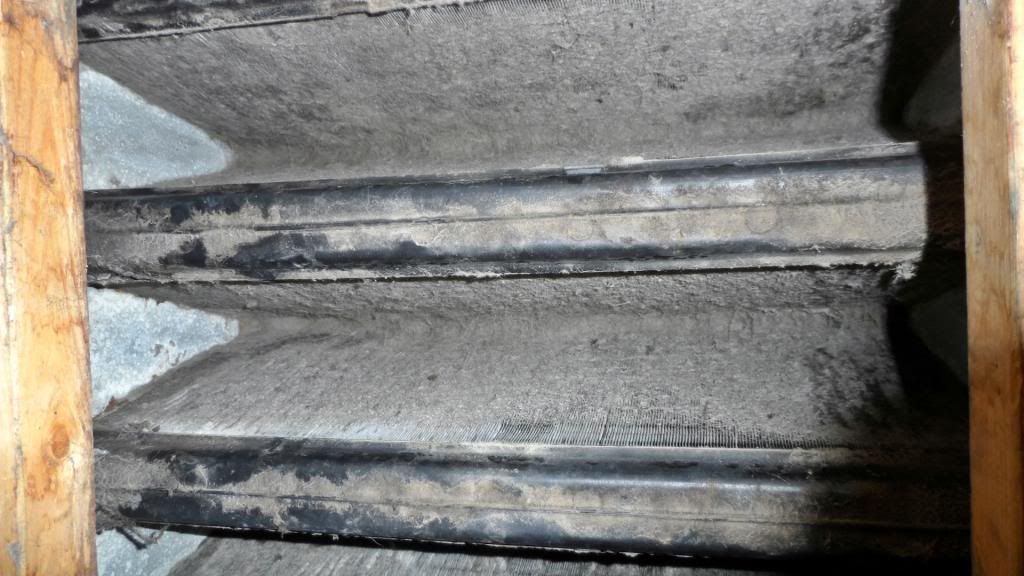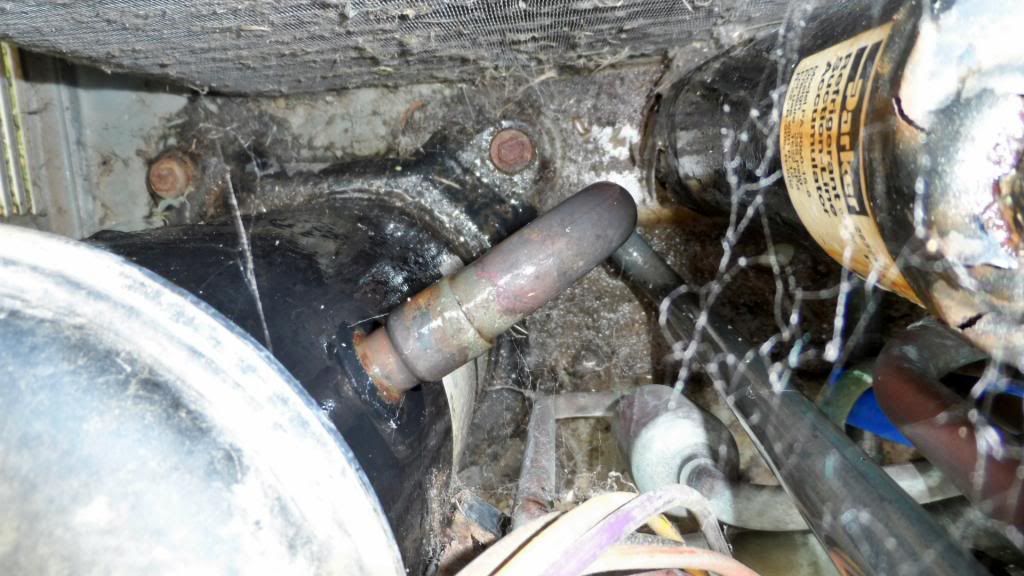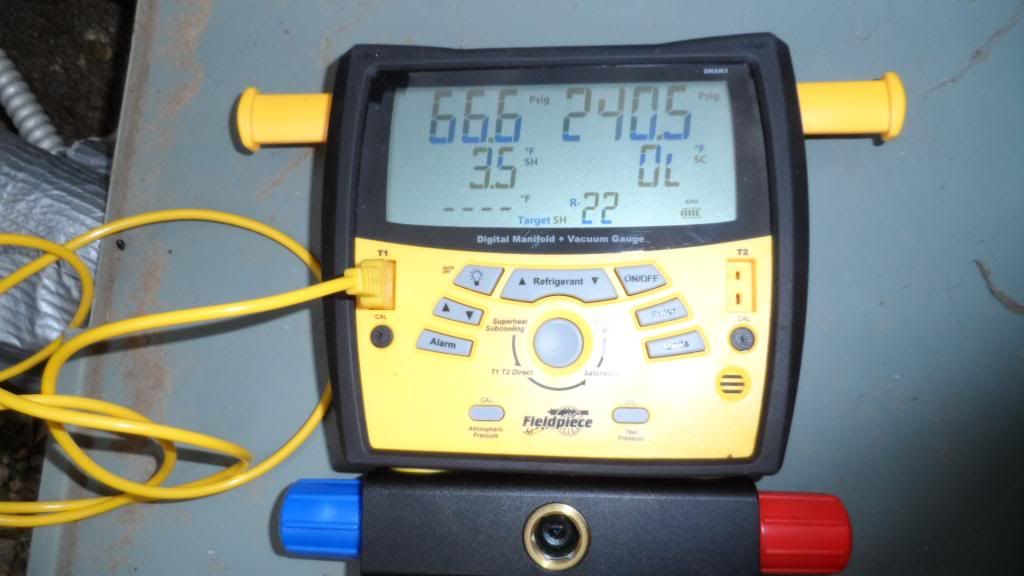“failed during testing”…
Trust me, no equipment manufacturer is going to design equipment that the owner can screw with an cause damage (intentionally).
I don’t know how many people (particularly woman) that turn the thermostat up, turn the thermostat down, then turn it back up"to adjust it"!this short cycle activity is a heck of a lot more potentially damaging than turning on heat and air-conditioning in sequence. The temperature differentials are not as high as you suspect and there is no reason (other than old age) for it to fail.
Heat pumps switchover every 45 minutes.
Gas furnaces with AC are actually two separate components in one.
I’m not saying it’s not bad for the equipment because you’re stressing it and anything that you do to stress it could break it when it is beyond it’s life expectancy and physical condition…
I would rather it fail when I was testing it than getting a call from the client with a failed unit while they were moving in; " I thought you tested this thing and said it was OK?! "


